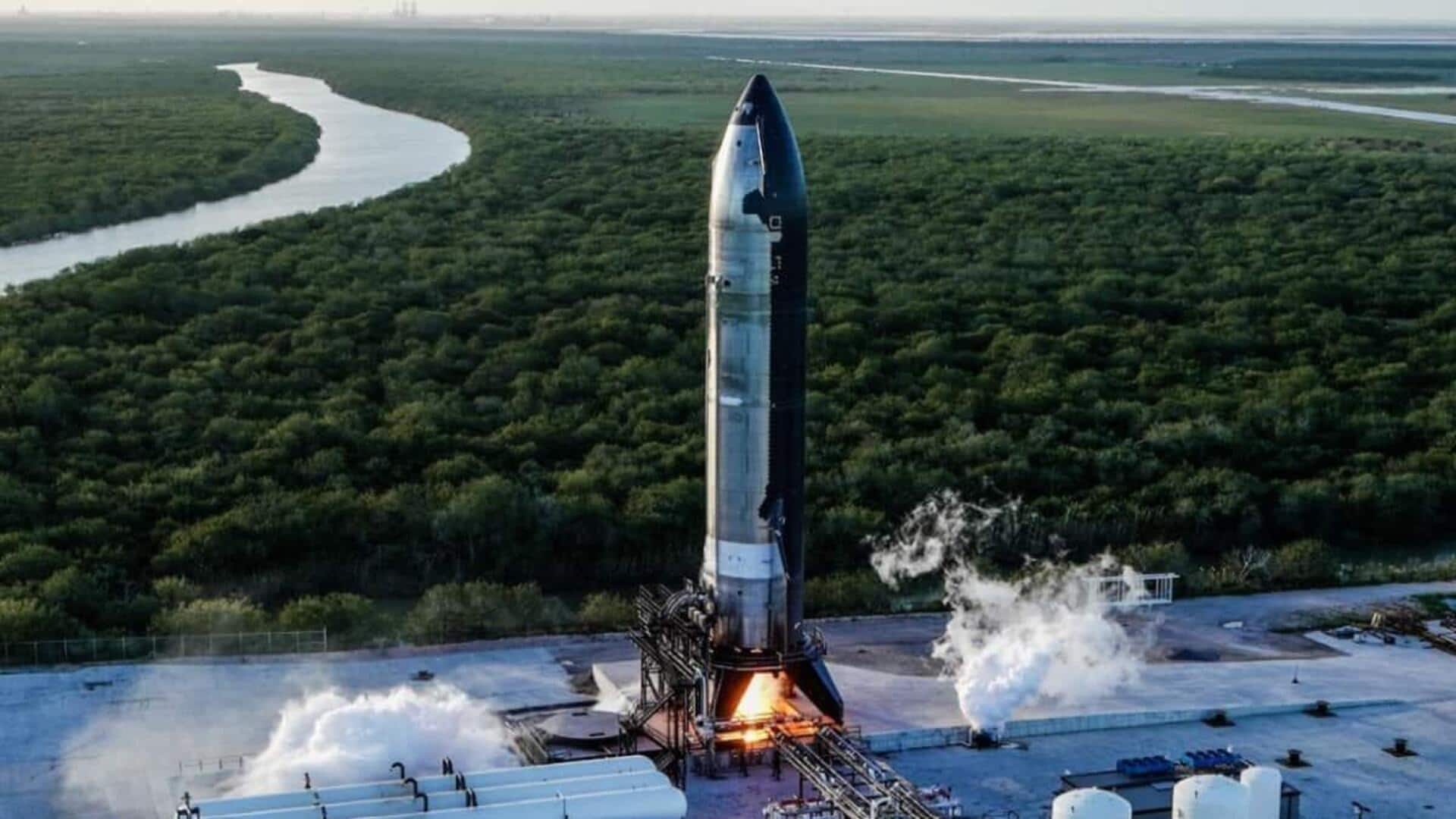
SpaceX Starship launches to continue as court dismisses environmental objections
What's the story
A US district court has given the green light for SpaceX's Starship rocket operations in South Texas. The ruling comes after dismissing a lawsuit from conservation groups that challenged the Federal Aviation Administration's (FAA) 2022 approval of expanded SpaceX operations near a national wildlife refuge. The decision is seen as a major victory for Elon Musk's space exploration company, allowing it to continue its ambitious plans at the Starbase facility.
Ruling details
FAA properly assessed environmental impacts, court rules
The court found that the FAA had properly assessed environmental impacts of Starship development and testing, including noise, light, and ecological effects. It dismissed claims that SpaceX's expanded operations would pose unacceptable risks to endangered species. This effectively validates the FAA's approval and underscores its environmental review processes were sufficient for this case.
Operational growth
SpaceX's expansion at Starbase
Since the 2022 lawsuit, SpaceX has significantly expanded its operations at Starbase. The company has ramped up rocket production, improved launch infrastructure, and ramped up Starship testing. These developments are key to SpaceX's larger goal of making life multiplanetary by enabling Mars colonization and maintaining a leading role in the commercial launch industry.
Ecological impact
Environmental concerns raised in the lawsuit
The 2022 lawsuit raised several environmental concerns over SpaceX's expanding operations in South Texas. Conservation groups claimed that increased rocket production, frequent launches, and expanded infrastructure threatened local ecosystems. These included noise and light pollution affecting wildlife habitats, increased road traffic potentially harming local species, and risks to endangered animals like ocelots and jaguarundis. However, the court ruled that these concerns were adequately addressed by the FAA in its approval process.